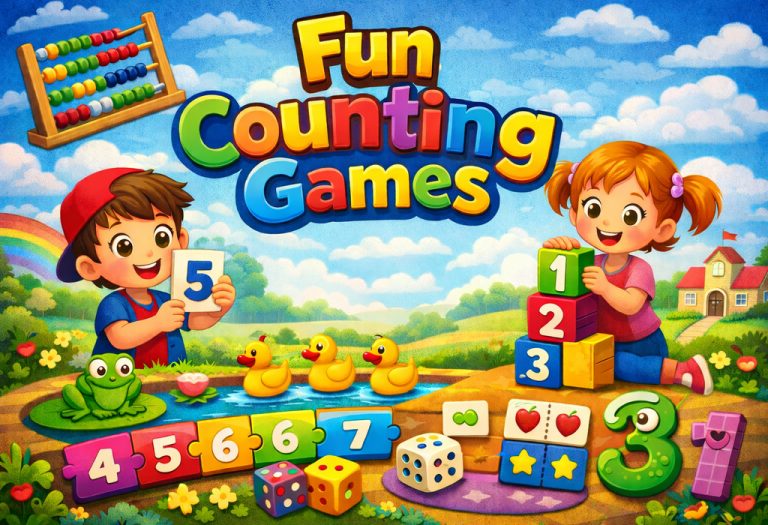Measles in Infants: Causes, Symptoms, & Treatments

- What Is Measles?
- Causes of Measles in Baby?
- Which Babies Are at a Higher Risk of Getting Measles
- Symptoms of Measles in Infants
- How Common Is Measles in Babies?
- Diagnosis of Baby Measles
- Treatment for Measles in Babies
- Home Care for Measles in Young Children
- What Complications Can Measles Cause in Babies?
- Can Measles Be Prevented Through Vaccination?
- When Should Measles Vaccine Be Given To Babies?
- Can a Baby Develop Measles After Vaccination?
- How Can You Help Prevent Measles?
- FAQs
Parents show unwavering dedication to safeguarding the health and well-being of their babies, prioritizing meticulous care through regular check-ups, timely vaccinations, and a diet rich in essential nutrients. Despite these proactive measures, concerns about potential illnesses, such as measles in babies, persist. Measles, also known as Rubeola, is a highly contagious viral infection characterized by its distinct rash and fever. Understanding the intricacies of measles in newborns is crucial for parents: from recognizing its initial symptoms to understanding its causes, transmission, and potential complications. This comprehensive article aims to equip parents with the knowledge and confidence to effectively manage measles, ensuring prompt diagnosis, appropriate treatment, and supportive care for their infants. By staying informed and proactive, parents can navigate the complexities of infant health with resilience and assurance.
What Is Measles?
Measles is a threatening and fatal disease caused by a potentially dangerous virus called as rubeola. The evident signs of it are the appearance of a red rash over the entire body. The virus can possibly enter the lungs and central nervous system as well, attacking the very core of your baby’s body.
Causes of Measles in Baby?
Measles is a contagious diseases, and is usually caused by coming in close contact with someone already infected by the virus (a carrier) or through the air. Anybody who is infected and sneezes in the air, effectively releases the virus, making it airborne. It can survive for a good few hours, enough to infect somebody else.
If you share a room or meet someone for a few minutes and they end up having measles, there is a good chance you will have measles, too. This could be at your doctor’s clinic, inside a bus, at the school, or any other place. Failure of immunization further increases this risk up to 90% of contracting measles from somebody else.
Which Babies Are at a Higher Risk of Getting Measles
Certain aspects put your baby at a higher risk of getting measles. Some of them are as follows:
1. Unimmunized Babies
If your baby has not been vaccinated against measles, the risk of contracting it is quite high.
2. Immunosuppressed Babies
In case your baby suffers from illnesses such as tuberculosis, blood cancer or AIDS, these already weaken the immune system and further make it easier for measles to be contracted.
3. Malnourished Babies
Babies that do not have optimal weight or whose nutrition is lacking vitamin A or other nutrients are susceptible to falling prey to measles.
4. Living In Crowded Environments
If your baby spends a lot of time in daycare centres or your home resides in an extremely crowded area, anyone contracting an infection can immediately spread it to others.
5. Babies Less Than a Year Old
Since most of the immunity in these babies is just developing, they are at the highest risk of falling prey to measles.
Symptoms of Measles in Infants
The following are the signs of measles in an infant.
1. High temperature
Your baby might suddenly have a high temperature, often reaching 103 degrees, out of nowhere and might last for a couple of days. Nothing else might seem to be wrong with your child.
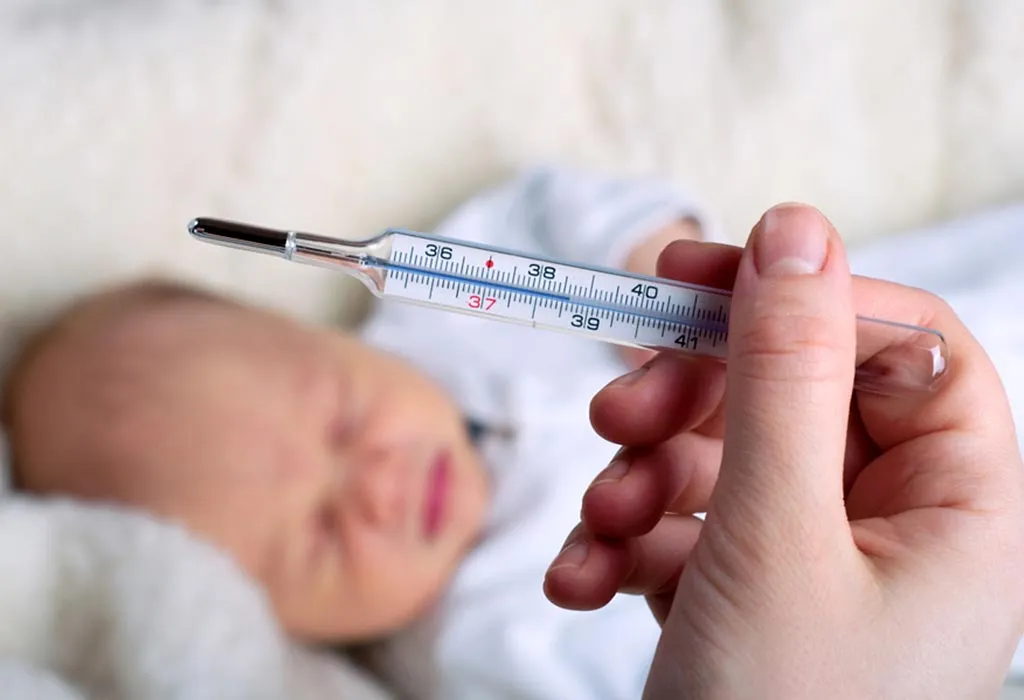
2. Outburst of rashes
After a few days, the fever disappears, and a pink-coloured rash or multiple spots start emerging all over the baby’s body, from the chest to the arms to the thighs.
3. Irritating Behaviour
The rashes start itching and get extremely irritating for the baby. There is a substantial loss of appetite and the baby’s behaviour might get very fussy.
4. Peak Fever
After the rash takes over, the body temperature surges dangerously with a fever that crosses 104 to 105 degrees as well.
How Common Is Measles in Babies?
In the earlier decades, measles used to be one of the diseases that would generally affect kids, similar to chicken pox. On conducting extensive drives of vaccination against measles, the disease had been virtually eliminated in the early 80s and 90s. Over time, certain parents chose to not vaccinate their kids due to certain beliefs that the vaccine causes problems in children. This led to the disease finding healthy ground for its survival and leading to an outbreak in recent years.
Diagnosis of Baby Measles
The telltale signs of a measles infection are the red rashes and spots all over the body. This is precisely what the doctors check initially and inspect the rashes for typical characteristics of measles. Some other diseases are also known to produce similar symptoms like fever and red rashes. Hence, a blood test is conducted and the sample is analysed to look for the antibodies generated. If they are specific and in line with the ones used to combat a measles virus, then the diagnosis is confirmed.
Treatment for Measles in Babies
Here are some options for measles treatment in babies.
1. Vaccination
Though the vaccine is a preventive measure, in specific cases, it is used as a treatment methodology as well. In case your baby is more than a year old, the MMR vaccine can be administered to him if the measles outbreak is detected within 72 hours since the infection. The MMR vaccine is an acronym for measles, mumps, and rubella.
If the baby is less than a year old, usage of the MMR vaccine is forbidden in most cases. In such a scenario, if the infection has been detected under 72 hours, an IG injection might be administered to the child. This injection contains immunoglobulin antibodies that help the baby fight against the virus.
Neither MMR nor IG injections can be administered if the baby is less than 6 months old.
2. Analgesic Medicines
To take care of the cold and fever, standard medicines such as paracetamol or acetaminophen can be given to the baby. Although they can be purchased from any medical store, they should not be given to the baby without the recommendation of the doctor. Aspirin is strictly forbidden for infants since it is known to create complications for the baby.
3. Multivitamin Supplements
A weak immune system and improper nutrition pretty much open the gate to the measles virus for an attack. By administering supplements, the response of the immune system can be strengthened and deficiencies can be taken care of. Vitamin A needs the highest priority since its deficiency is directly connected to the onslaught of measles. Babies less than 6 months old do not require any supplements.
4. Antibiotic Medication
With the immunity shields down, a baby can fall prey to bacterial infection quite easily. Therefore, most doctors would prescribe antibiotics for the baby if the measles gets extremely severe.
Home Care for Measles in Young Children
There are certain home remedies for measles in babies that can help them recover better and find comfort and calm while the medication takes care of it.
1. Increase the fluid intake
If your baby is less than 6 months old, it is necessary to increase the number of times you breastfeed your child. Older babies can be given water and purees made from fruits rich in vitamins. This should be done frequently to keep the fluid amount at a good level. Avoid giving food that requires chewing since spots inside the mouth could still hurt the child.
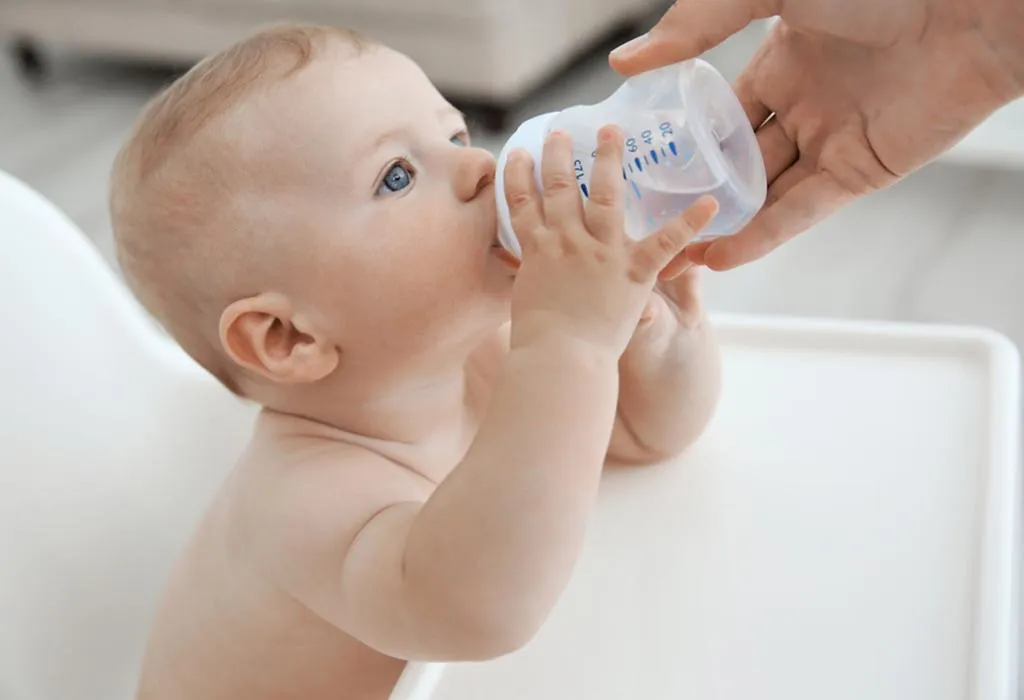
2. Decrease light in the room
The red spots and rashes of the measles can make a baby extra sensitive to bright lights. By keeping the entire room dimly lit, your baby can start feeling comfortable and sleep peacefully.
3. Rest, rest, and more rest
With any infection, and primarily with measles, taking enough rest is the best medication a child can get. Resting helps the immune system get back to a good state and attack the virus with more ammunition. Avoid letting the child engage in physical playful activities or sending them to parks, preschools, or so. It is essential that your baby recovers back to his normal health before resuming a normal routine.
What Complications Can Measles Cause in Babies?
Measles in itself is a pretty strong virus, and measles in babies under 8 months of age can be quite dangerous, leading to possible complications and illnesses, some of which are given below:
1. Pneumonia
Since the virus breaks down immunity in babies, it makes them susceptible to many other illnesses. Pneumonia is the most common of them all, and can be easily contracted by infants.
2. Bronchitis
Bacterial infection can also find its way into the baby’s body. Such infection may affect the bronchiole tubes present in the lungs, leading to bronchitis. The baby may then have trouble breathing and pain in the chest.
3. Ear Infection
In other instances, a bacterial infection could enter the body via the ear and infect those areas. Some bacteria can infect the middle portion of the ear and cause an infection termed otitis media.
4. Infections in the Upper Respiratory Tract
Along with pneumonia and bronchitis, a few other instances have been observed where infections have attacked the upper portion of the respiratory system, such as the larynx and trachea, and lead to complications like laryngitis and croup.
5. Encephalitis
This is a rare complication but extremely complicated and threatening to the baby. The chances of a baby developing this condition due to measles are one in a thousand. In this condition, the infection reaches the brain, causing it to swell in size. This leads to extreme convulsions and seizures, which, if extremely severe, can result in a coma.
Can Measles Be Prevented Through Vaccination?
Absolutely! Vaccination is highly recommended for preventing measles from being contracted in the first place. The MMR triple vaccine is used widely in this regard and does not cause any side effects or any issues to the mental health of the child.
When Should Measles Vaccine Be Given To Babies?
The first dose of MMR Vaccination is given to babies at 9 months, the second dose is given at 15 months, and a booster is given between 4 to 6 years of age.
Can a Baby Develop Measles After Vaccination?
Most experts have come to the conclusion that the chances of a baby contracting measles after being vaccinated go down tremendously. As mentioned earlier, the first dose is given at 9 months, the second dose is given at 15 months, and a booster is given between 4 to 6 years of age to safeguard babies from the disease. However, a vaccination doesn’t guarantee 100% immunity.
There have been instances of children contracting measles even after vaccination, although their percentage has been only around 3% or so. Even then, the effect of measles on the body is highly reduced as compared to those suffering from measles in the absence of vaccination. Such children do not spread the virus around since their bodies are well-prepared to survive and defeat the virus.
This should in no way be a reason to skip vaccination. The benefits far outweigh the risks, and complementing it with the right preventive care, always reduces the chances of contracting measles again pretty much.
How Can You Help Prevent Measles?
Here are a few precautionary measures you can take to prevent measles in your baby.
1. Breastfeeding
In a twisted way, the mother having suffered measles is a good thing for the baby. This is because the mother develops the immunity required to combat measles, which is then transferred to the baby via her breast milk. The mother’s milk is known to contain tons of antibodies that the body has prepared throughout her lifetime, combating various diseases. This is termed passive immunity because it provides a good degree of protection for the baby from measles until the baby grows a year old and is ready to receive the first shot of immunization.
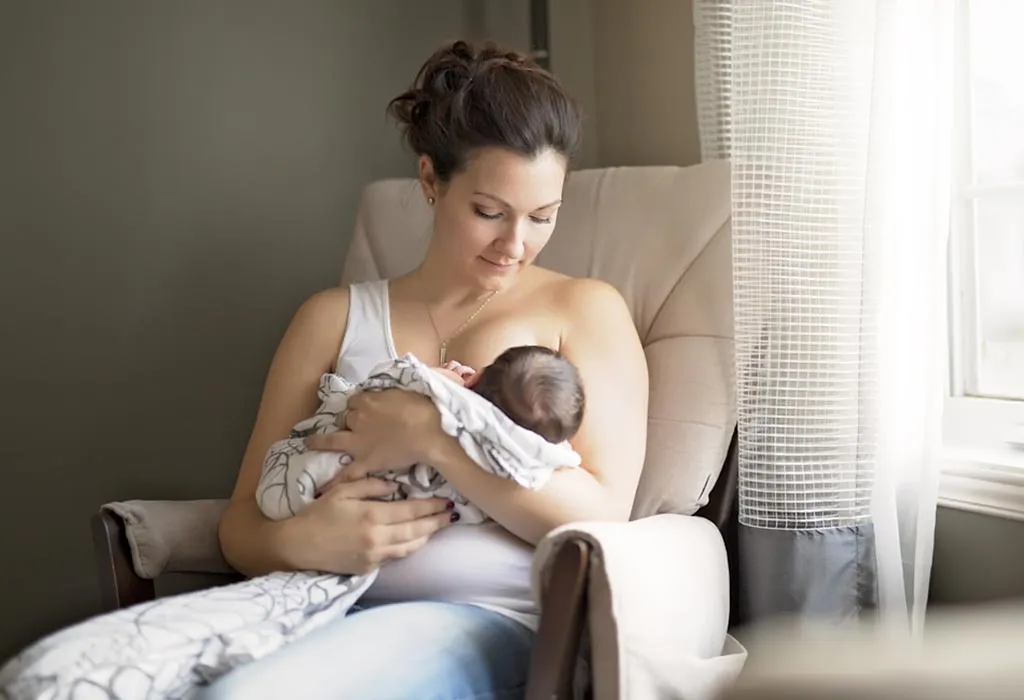
2. Avoid Risky Scenarios
Having a good knowledge of why and how measles can be contracted should be used to navigate areas of high risk with care. Winter and springtime are the perfect conditions for the virus to thrive. Hence, it is best to avoid any crowded places and areas that can increase the chances of contracting the virus.
3. Hygiene
The measles virus is rather potent and effective and survives in the air or on a surface for a good number of hours. That amount of time is enough for it to latch on to another person and infect them. Therefore, keeping objects and surfaces clean is the first line of defence. Washing hands after coming from outdoors and keeping all frequently used objects clean go a long way in preventing the virus from entering in the first place.
FAQs
1. Can babies get measles even if they’ve been vaccinated?
Measles vaccination is highly effective, with the measles-mumps-rubella (MMR) vaccine being about 97% effective after two doses. However, a small percentage of vaccinated babies may still contract measles if exposed to the virus. In such cases, the symptoms are often milder, and the risk of serious complications is significantly reduced compared to unvaccinated individuals.
2. How long does it take for measles symptoms to appear after exposure?
After exposure to the measles virus, symptoms typically begin to appear about 10 to 14 days later. This period, known as the incubation period, can range from 7 to 21 days. During this time, the virus replicates in the body before symptoms such as fever, cough, runny nose, and red, watery eyes become noticeable.
3. Is there a specific age range when babies are most vulnerable to measles?
Babies under the age of 1 are particularly vulnerable to severe cases of measles because their immune systems are still developing, and they have not yet received their first dose of the measles vaccine, which is usually administered around 12 months of age. This age group is more susceptible to complications such as pneumonia or encephalitis if they contract the virus.
4. Can breastfeeding protect a baby from contracting measles?
Breastfeeding provides numerous health benefits, including some immune protection through antibodies passed from the mother to the baby. While breastfeeding can offer some protection against various infections, including measles, it is not a substitute for vaccination. Babies should still receive the measles vaccine according to the recommended schedule to ensure full protection against the disease.
Measles is a terrible disease and can cause a lot of stress and anguish to the parents to see their baby suffering from it. Taking the right preventive care, sticking to the vaccination schedule without fail, and maintaining good habits to develop immunity are the best ways one can ensure the child’s health to be safe and secure.
References/Resources:
1. Measles in babies and children; Pregnancy, Birth & baby; https://www.pregnancybirthbaby.org.au/measles-in-babies-and-children
2. Measles infection; BMJ Best Practice; https://bestpractice.bmj.com/topics/en-gb/217
3. Measles in Australia; Australian Institute of Health and Welfare; https://www.aihw.gov.au/getmedia/c828baef-75d9-4295-9cc9-b3d50d7153a2/aihw-phe-236_measles.pdf.aspx
4. Measles control guideline; NSW Health; https://www.health.nsw.gov.au/Infectious/controlguideline/Pages/measles.aspx
5. Measles; The Royal Children’s Hospital Melbourne; https://www.rch.org.au/kidsinfo/fact_sheets/Measles/
6. Measles (Rubeola); Nemours Kids Health; https://kidshealth.org/en/parents/measles.html
7. Measles; NHS; https://www.nhs.uk/conditions/measles/
Also Read:
Ringworm in Infants
Roseola (Sixth Disease) in Babies
Dengue in Babies and Toddlers
Was This Article Helpful?
Parenting is a huge responsibility, for you as a caregiver, but also for us as a parenting content platform. We understand that and take our responsibility of creating credible content seriously. FirstCry Parenting articles are written and published only after extensive research using factually sound references to deliver quality content that is accurate, validated by experts, and completely reliable. To understand how we go about creating content that is credible, read our editorial policy here.







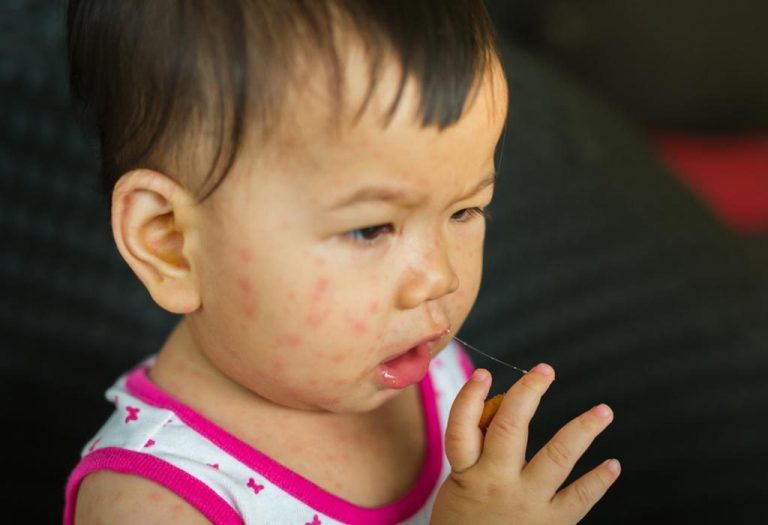
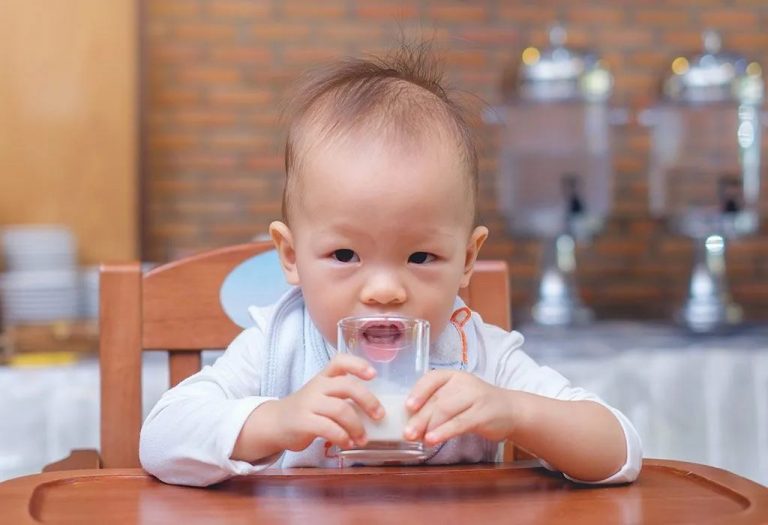
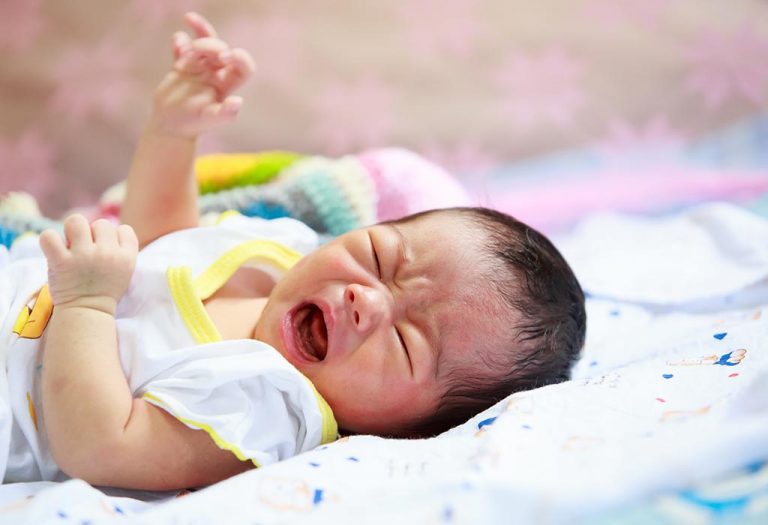
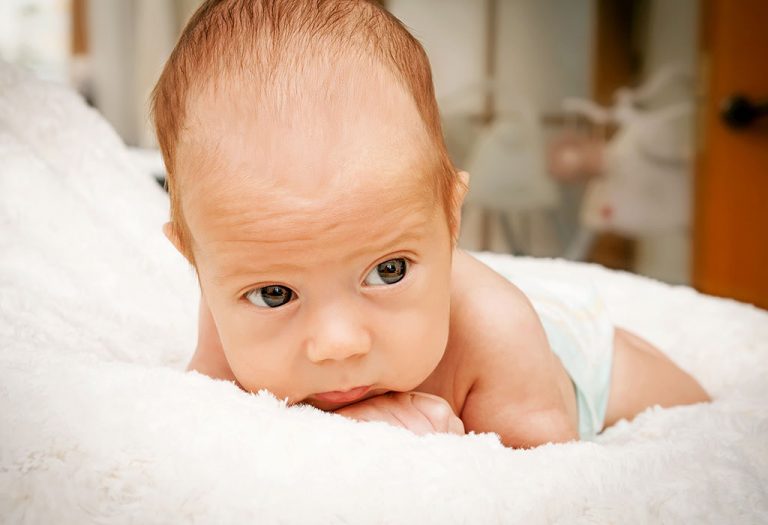
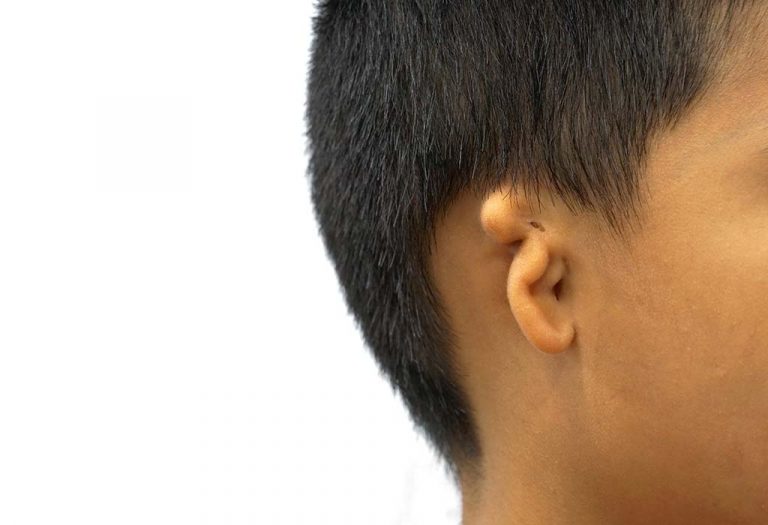
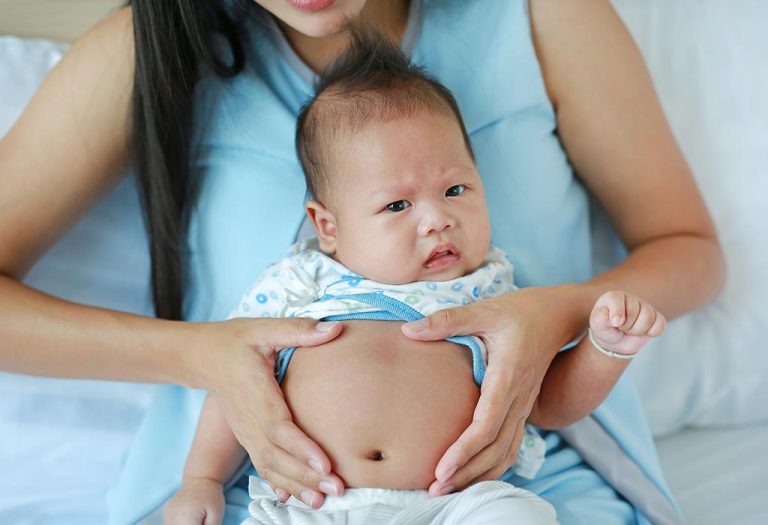


.svg)









